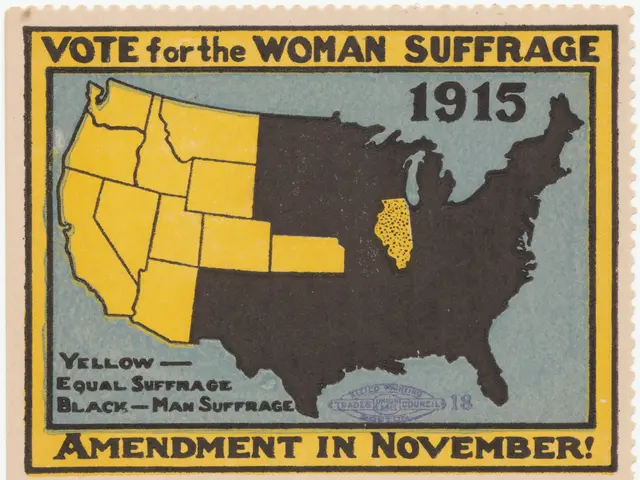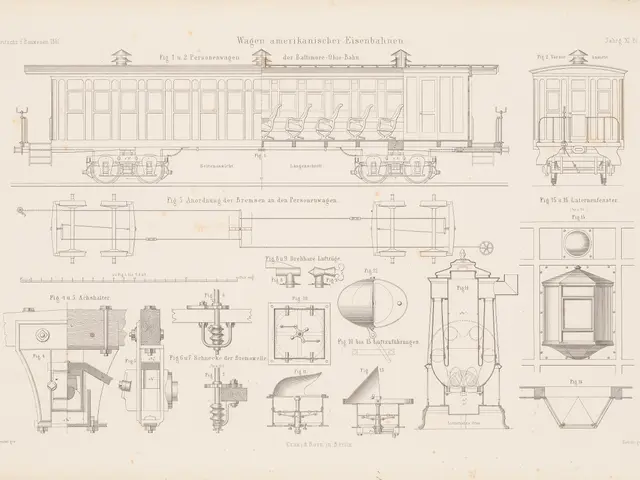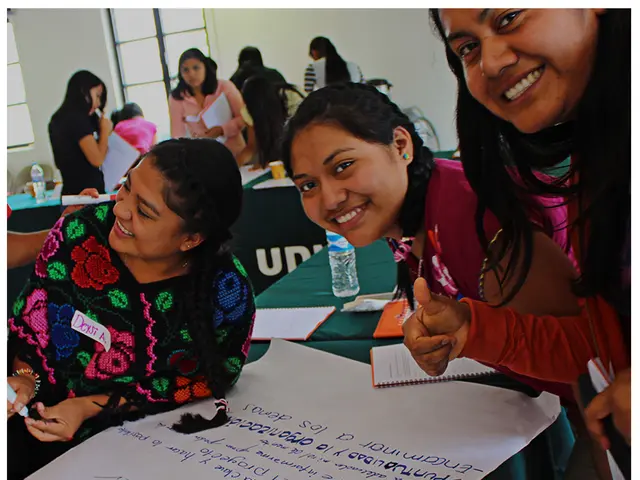Breaking down the differences between Democrats and Republicans for a kid:
Tackling Political Confusion: Democrat vs. Republican Breakdown
Ready to talk politics with your kiddo? Navigating the complexities of the Democratic and Republican parties can be tricky, but don't worry, we've got you covered! Here's the scoop on these two powerhouse political teams, presented in a kid-friendly way.
Explaining the Action, Part 1: Democrat Party
First up, let's dive into the blue side of the political spectrum. These folks are the Democrats. You might’ve heard them called the left, liberals, progressive, or just Democrats. So, what do they stand for?
Economic Views
Democrats tend to favor:* Helping out folks who are struggling financially, with programs that offer a safety net and support fair working conditions* Raising taxes on the rich to fund programs and public services
Healthcare
Democrats often champion:* Giving everyone access to affordable healthcare, possibly through government programs
Environment
They place a high priority on:* Protecting our planet and combating climate change* Safeguarding our natural resources
Education
Democrats typically support:* Investing in public education to offer equal opportunities for everyone
Social Issues
Democrats usually advocate for:* Progressive social policies like equality, civil rights, and access to healthcare, including abortion
Explaining the Action, Part 2: Republican Party
Now, it's time to venture over to the red side. These are the Republicans, aka the right, conservatives, or GOP (Grand Old Party). Let’s take a peek at what they believe in.
Economic Views
Republicans typically support:* Limited government involvement in the economy, with less regulation and lower taxes* Encouraging business growth and personal freedom
Healthcare
They're generally in favor of:* Private insurance options, letting individuals choose their own healthcare plans
Environment
Republicans often take a more cautious approach with:* Protecting the environment, balancing the need for economic growth with preservation
Education
They may lean towards:* School choice and private education options, giving parents the freedom to choose where their kids learn
Social Issues
Republicans tend to be more traditional and conservative, with:* Limiting government intervention in personal matters
Showing Support for Political Curiosity
Now that you've got a handle on the Dems and GOP, here are some ideas for keeping the conversation going and nurturing your child's curiosity:
- Take a trip: Visit historical museums and government buildings for a hands-on learning experience
- Tune in: Watch the news and political debates together, making election time a special event
- Read up: Encourage reading about politics with books designed for kids
- Model civility: Foster an open-minded attitude towards differing political beliefs
And don’t forget to use everyday examples to explain the core values and beliefs of each team. Happy learning, and happy debating! 🤗🎉🗳️🌟
- As you delve deeper into the complexities of relationships, consider exploring various viewpoints in education and self-development, such as the Democratic party's focus on investing in public education to offer equal opportunities, or the Republican party's emphasis on school choice and private education options.
- A well-rounded lifestyle includes not only paying attention to financial health and career advancement but also prioritizing general news, including updates on health, environment, and social issues, akin to the Democrats' emphasis on healthcare and progressive social policies, or the Republicans' focus on balanced environmental protection and limited government intervention in personal matters.
- To foster a meaningful and nuanced understanding of lifestyle choices, learning, and personal development, one might find value in education-and-self-development resources that address a wide range of topics, reflecting the philosophies of both the Democratic and Republican parties.
- Encouraging open dialogues about career paths and lifestyle choices, using real-world examples that illustrate the core values and beliefs of the Democratic and Republican parties, can provide a valuable opportunity for fostering critical thinking skills and enriching personal growth.








